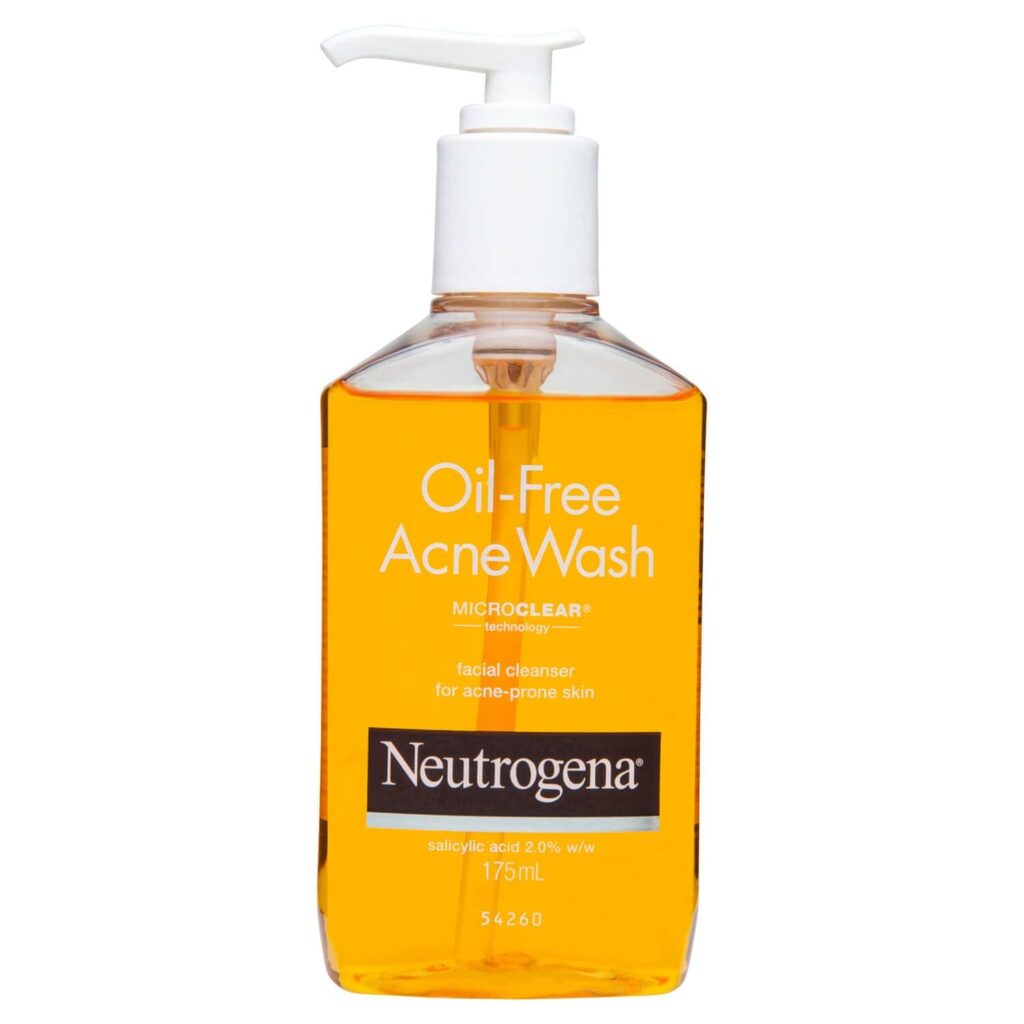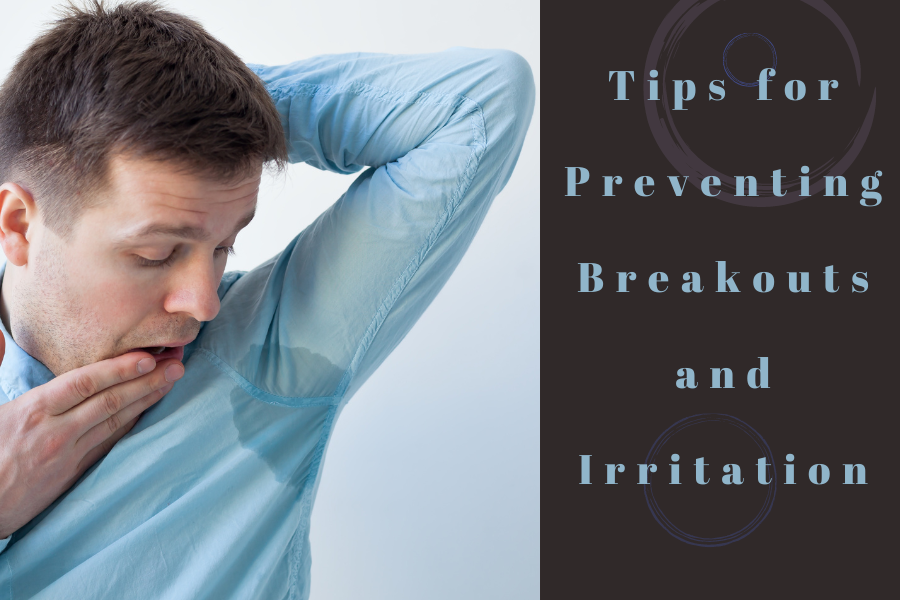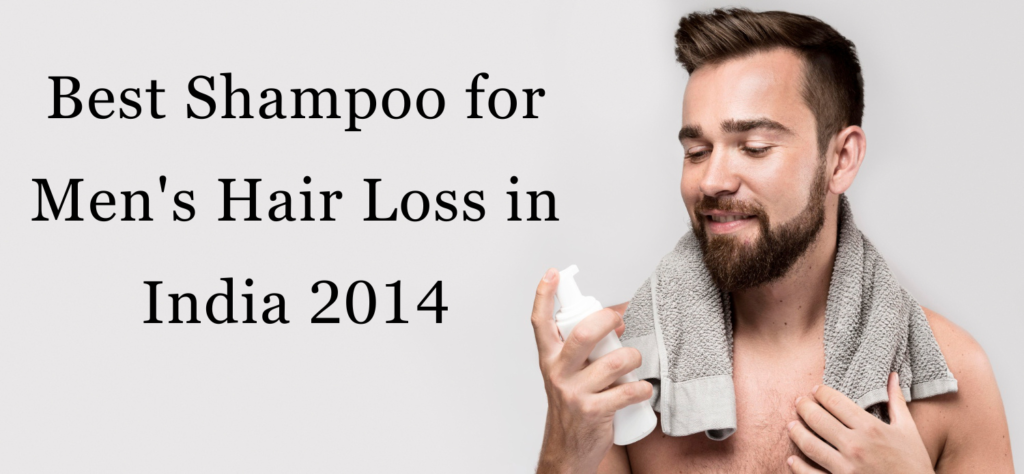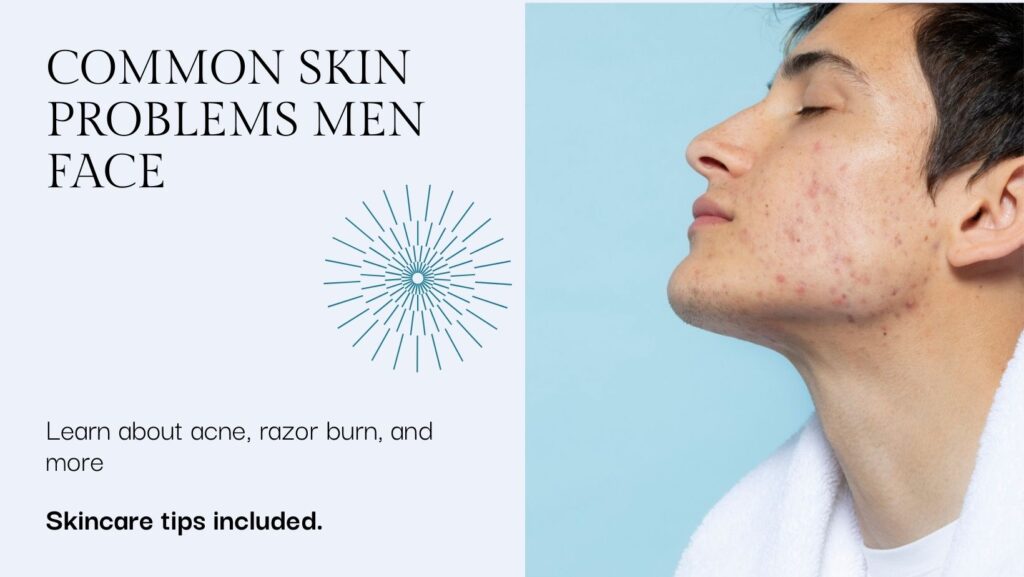Tips for Preventing Breakouts and Irritation is a characteristic cycle that controls internal heat levels and kills poisons. However, excessive sweating can lead to breakouts and skin irritation, especially during hot weather or intense physical activity. This article will explore effective strategies for managing sweat to prevent breakouts and irritation, helping you maintain healthy and clear skin.
Table of Contents
Understanding Sweat and Its Effects on the Skin
Before diving into prevention strategies, it’s essential to understand how sweat impacts the skin. Sweat is primarily composed of water, salt, and other trace minerals. At the point when sweat dissipates from the skin’s surface, it chills the body off. However, if sweat remains on the skin for an extended period, it can mix with bacteria and dead skin cells, leading to clogged pores, breakouts, and skin irritation.
Moreover, sweat contains urea and ammonia, exacerbating skin conditions like acne and eczema. Additionally, the pH level of sweat is slightly acidic, which can disrupt the skin’s natural pH balance, leading to inflammation and irritation.
Tips for Managing Sweat and Preventing Breakouts
1. Choose Breathable Fabrics
Opt for lightweight, breathable fabrics like cotton or moisture-wicking materials that allow sweat to evaporate quickly and prevent it from lingering on the skin.
2. Shower Regularly
After sweating, whether from exercise or hot weather, it’s crucial to shower as soon as possible to remove sweat, bacteria, and dirt from the skin’s surface. Use a gentle, fragrance-free cleanser to avoid further irritation.
3. Use Antiperspirants:
Antiperspirants can help reduce sweat production by temporarily blocking sweat glands. Look for antiperspirants containing aluminium-based compounds, effectively reducing sweat without irritating the skin.
4. Practice Proper Hygiene:
Keep your skin clean by washing it twice daily with a gentle cleanser. Avoid using harsh soaps or scrubbing too vigorously, as this can strip the skin of its natural oils and exacerbate irritation.
5. Moisturize Regularly:
Hydrate your skin with a lightweight, oil-free moisturizer to prevent dryness and irritation. Look for moisturizers containing ingredients like hyaluronic acid or glycerine, which help lock in moisture without clogging pores.
6. Stay Hydrated:
Drink plenty of water throughout the day to stay hydrated and help regulate body temperature. Proper hydration can also dilute sweat, reducing its potential to irritate the skin.
7. Choose the Right Skincare Products:
Use non-comedogenic skincare products that are specifically formulated for your skin type. Avoid products containing harsh chemicals, fragrances, or alcohol, as these can strip the skin and worsen irritation.
8. Wear Loose-Fitting Clothing:
Tight clothing can trap sweat against the skin, leading to friction and irritation. Opt for loose-fitting, breathable clothing that allows air to circulate and moisture to evaporate freely.
9. Limit Hot Showers and Baths:
While hot showers and baths may feel relaxing, they can strip the skin of its natural oils and exacerbate irritation. Instead, opt for lukewarm water and limit shower or bath time to 10-15 minutes.
10. Manage Stress:
Stress can trigger sweat production and exacerbate skin conditions like acne and eczema. Practice stress-reduction techniques such as meditation, deep breathing exercises, or yoga to help keep stress levels in check.
11. Protect Your Skin from the Sun:
Sun exposure can worsen breakouts and irritation, especially if you’re prone to acne or sensitive skin. Wear sunscreen with broad-spectrum protection and an SPF of 30 or higher, and reapply every two hours when outdoors.
12. Seek Professional Help if Needed:
If you’re struggling to manage sweat-related breakouts or irritation, consider consulting a dermatologist. They can provide personalized recommendations and treatment options tailored to your specific skin concerns.
Product Recommended
One product that is relevant to the topic of managing sweat and preventing breakouts and irritation is the Neutrogena Oil-Free Acne Wash. Available in the Indian online market, this product is specifically formulated to help combat acne while being gentle on the skin.
Neutrogena Oil-Free Acne Wash contains salicylic acid, a beta hydroxy acid that helps exfoliate the skin and unclog pores, reducing the risk of breakouts caused by sweat and bacteria buildup. It effectively removes excess oil, dirt, and impurities without over-drying the skin, making it suitable for daily use.

This dermatologist-recommended cleanser is oil-free and non-comedogenic, meaning it won’t clog pores or cause further irritation. It’s ideal for those with oily or acne-prone skin who are looking for a gentle yet effective solution to manage sweat-related breakouts and irritation.
Available in various sizes and packaging options, Neutrogena Oil-Free Acne Wash is easily accessible through popular Indian online retailers. Incorporating this product into your skincare routine can help keep your skin clean, clear, and free from sweat-induced breakouts and irritation.
Frequently Asked Questions (FAQ)
Q1: How does sweat contribute to breakouts and skin irritation?
A1: Sweat can mix with bacteria and dead skin cells on the skin’s surface, leading to clogged pores, breakouts, and irritation. Additionally, the pH level of sweat is slightly acidic, which can disrupt the skin’s natural pH balance and cause inflammation.
Q2: What are the best fabrics to wear to prevent sweat-related breakouts?
A2: Lightweight, breathable fabrics like cotton or moisture-wicking materials are ideal for preventing sweat buildup on the skin. These fabrics allow sweat to evaporate quickly, reducing the risk of breakouts and irritation.
Q3: How often should I shower to prevent sweat-induced breakouts?
A3: It’s recommended to shower as soon as possible after sweating, whether from exercise or hot weather, to remove sweat, bacteria, and dirt from the skin’s surface. Aim to shower at least once a day, using a gentle cleanser to avoid further irritation.
Q4: Are there any specific skincare products I should use to manage sweat-related breakouts?
A4: Look for non-comedogenic skincare products that are specifically formulated for your skin type. Products containing ingredients like salicylic acid or benzoyl peroxide can help exfoliate the skin and unclog pores, reducing the risk of breakouts caused by sweat buildup.
Q5: Can stress contribute to sweat-related breakouts and irritation?
A5: Yes, stress can trigger sweat production and exacerbate skin conditions like acne and eczema. Practising stress-reduction techniques such as meditation, deep breathing exercises, or yoga can help keep stress levels in check and minimize the impact on your skin.
Q6: Is it important to stay hydrated to prevent sweat-related breakouts?
A6: Yes, staying hydrated is essential for regulating body temperature and diluting sweat, reducing its potential to irritate the skin. Drink a lot of water for the day to remain hydrated and keep up with sound skin.
Q7: What should I do if I’m struggling to manage sweat-related breakouts and irritation?
A7: If you’re having difficulty managing sweat-related skin issues, consider consulting a dermatologist. They can provide personalized recommendations and treatment options tailored to your specific skin concerns, helping you achieve clearer and healthier skin.
Q8: Are there any lifestyle changes I can make to reduce sweat-related breakouts?
A8: Yes, making lifestyle changes such as wearing loose-fitting clothing, avoiding hot showers, and protecting your skin from the sun can help reduce sweat-related breakouts and irritation. Additionally, practicing good hygiene habits and managing stress levels can also contribute to healthier skin.



